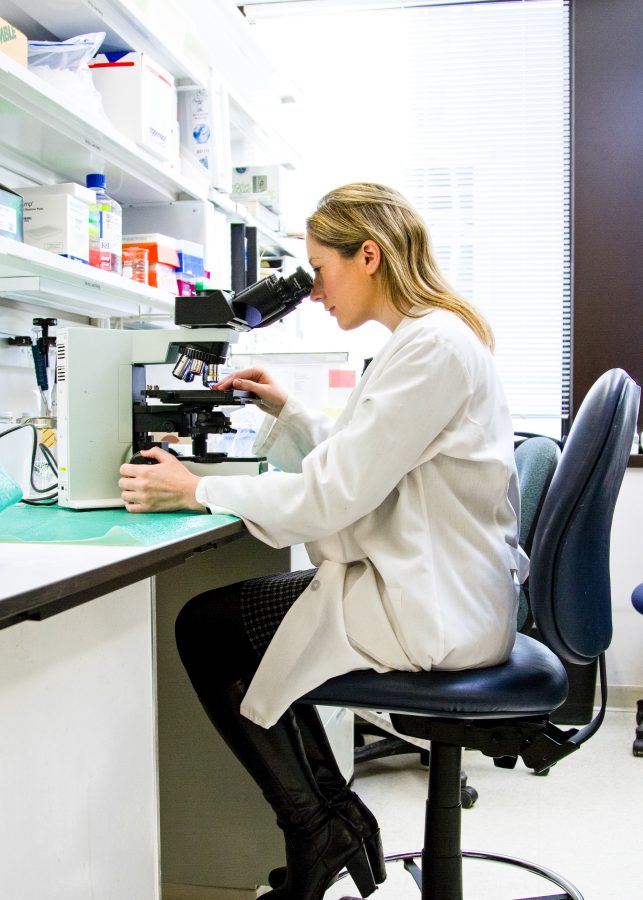On July 23, The World Health Organization declared monkeypox a “Public Health Emergency of International Concern,” urging nations and health officials to take immediate measures before the situation exacerbates.
As of Aug. 18, 41 new cases of monkeypox were reported by the Massachusetts Department of Public Health, bringing the total number of cases up to 280 since the state reported its first case in May 2022. According to the Boston Medical Center, some symptoms include rashes or blisters, fever, swollen lymph nodes, sore throat and more. No deaths have been reported, but monkeypox can lead to other fatal secondary infections. Like COVID-19, the patients are advised to isolate themselves and avoid close contact with people when infected.
Last week, Karen Ferrer-Muñiz, Vice Chancellor for Student Affairs, emailed students informing them of the status of monkeypox on campus. According to her email, UMass Boston is closely tracking the outbreak by following the guidelines provided by the city and national health officials. “We are taking a proactive, preventative approach to address the monkeypox outbreak,” wrote Ferrer-Muñiz in the email.
University Health Services and a team of health professionals have created a suitable, clinical protocol to check the on-campus situation of the disease. Additionally, the staff and clinicians completed the required training to diagnose and treat infected students on campus.
The Vice Chancellor’s email also shed light on the environment of the spread of false information through social media and other irrelevant sources. To help spread awareness among students about the same, UHS “has engaged in a messaging campaign aimed at disseminating information without stigmatizing the most at-risk population, using direct messaging, social media, table events, and other platforms.”
Currently, 14 medical facilities around the state provide vaccination services for monkeypox. JYNNEOS is a vaccine approved by the Food and Drug Administration for this virus. 12,205 doses of the JYNNEOS vaccine had been given across the Commonwealth, as of Aug.17. “The JYNNEOS vaccine is an important tool in our efforts to curb the spread of monkeypox in our communities and to keep people safe,” said Dr. Bisola Ojikutu, Commissioner of Public Health and Executive Director of the Boston Public Health Commission.
As far as the campus situation is concerned, UHS is equipped with the testing tools to diagnose the infection. The results of the tests are reported within 24 hours. UHS is working with Fenway Health to refer patients for immunization and care.
Although the city and the state are facing a national shortage of vaccines, the Boston Public Health Commission is working in conjunction with the State Department of Public Health to prioritize immunization for people who are more vulnerable to exposure. There are specific criteria set by the Centers for Disease Control and Prevention that an individual must meet to get the vaccine. Fenway Health, Massachusetts General Hospital Sexual Health Clinic, and Boston Medical Center are some of the prime centers administering vaccines by appointment.
UMass Amherst released an update providing information to students about the status of monkeypox on their campus. University administration has advised students to wear masks or cover areas where they observe symptoms like rashes. In addition, other colleges across the greater Boston area, including Harvard, Boston University and Tufts, have issued university-wide updates, instructing students to seek immediate medical assistance if required.
UHS has posted information about the virus for all UMass Boston students on its website. Additional resources can be found at UHS, on the Second Floor, Quinn Administration Build. Please get in touch with UHS at 617.287.5660 for any assistance.
Monkeypox: A new global threat after COVID-19?
About the Writer
Kaushar Barejiya, News Editor

